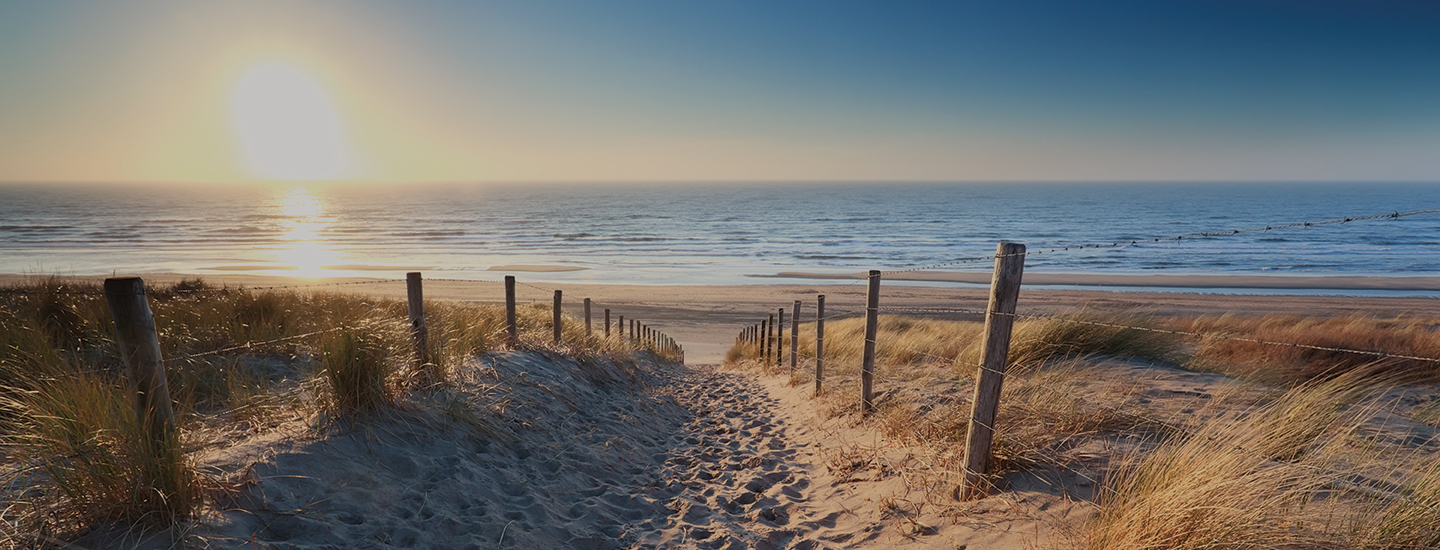
There have been lots of questions about beach access legislation that was recently signed into law by Governor Scott. HB 631, Possession of Real Property, was sponsored by Representative Katie Edwards Walpole (D- Plantation) and Senator Kathleen Passidomo (R- Naples). Click here to view the bill details. Only the last section of the bill (Section 10, beginning at line 362) deals with beach access, the rest is unrelated and pertains to various property issues.
- Does this bill make all beaches private?
No- First of all, for all beaches in Florida, the state owns and the public has the right to access the beach seaward of the Mean High Water Line. This land is held in trust for the public, as codified in Article X, Section 11 of the Florida Constitution. Additionally, there are a number of factors that are relevant to whether a beach is public,private, or even if privately owned, accessible by the public. In some cases, property owners have the ability to own all the way to the mean high water line (this can be determined by looking at a parcel map); however, factors like whether the public has funded beach dredge and fill projects, whether there are implied or explicit easements or dedications, and even the public’s historic use of a beach can impact the public’s right to access a beach.
- What does this bill do?
It potentially makes it harder for local governments to protect beach access through local customary use ordinances that recognize, regulate, and protect the public’s existing right to access a beach based on the doctrine of customary use. In Florida, customary use rights arise where the public’s use has been ancient, reasonable, without interruption, and free from dispute. Specifically, local governments can no longer pass local customary use ordinances directly but now have to have a court ratify a local declaration of customary use. The legislation also takes away an existing beach access ordinance in Walton County, but allows Volusia and St. Johns counties to keep their beach access ordinances.
- So, what’s the bottom line for beachgoers?
This bill is bad- it makes it harder for local governments to protect beach access for the public, it’s confusing and damaging for local tourism economies, and it sets a bad precedent. That said, unless you are in Walton County, it should not cause immediate changes in beach access or your ability to utilize the beach. If you do have issues accessing the beach, please contact your local Surfrider chapter for guidance.
- Has this bill passed? What can we do?
This bill has passed and was signed into law by Governor Scott. You can, however, reach out to your local city and county officials and ask them to move forward with the new process (going to circuit court) for declaring customary use to protect local beach access. You can also get involved in the legislative process to support positive, proactive beach access legislation in the 2019 Legislative Session. Lastly, you should volunteer with your local Surfrider Foundation chapter- beach access is one of our core missions and we are constantly fighting to make sure everyone can enjoy our coasts.
- Why didn’t anyone oppose this?
The Surfrider Foundation spoke out against this bill in every public hearing, sent out action alerts, and helped flood legislators’ phones and emails with opposition to this legislation. We also had forty chapter activists from across the state visit Tallahassee to speak against the bill and meet with their local legislators. Additionally, our coalition partners the SIerra Club of Florida and Florida Wildlife Federation opposed this bill. We encourage you to get involved with your local Surfrider Foundation chapter to fight for beach access, we also hope you’ll join us in Tallahassee for our annual Florida Coasts & Ocean Advocacy Day.
